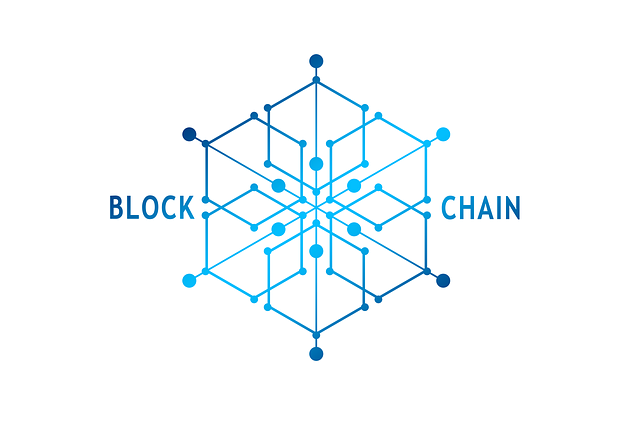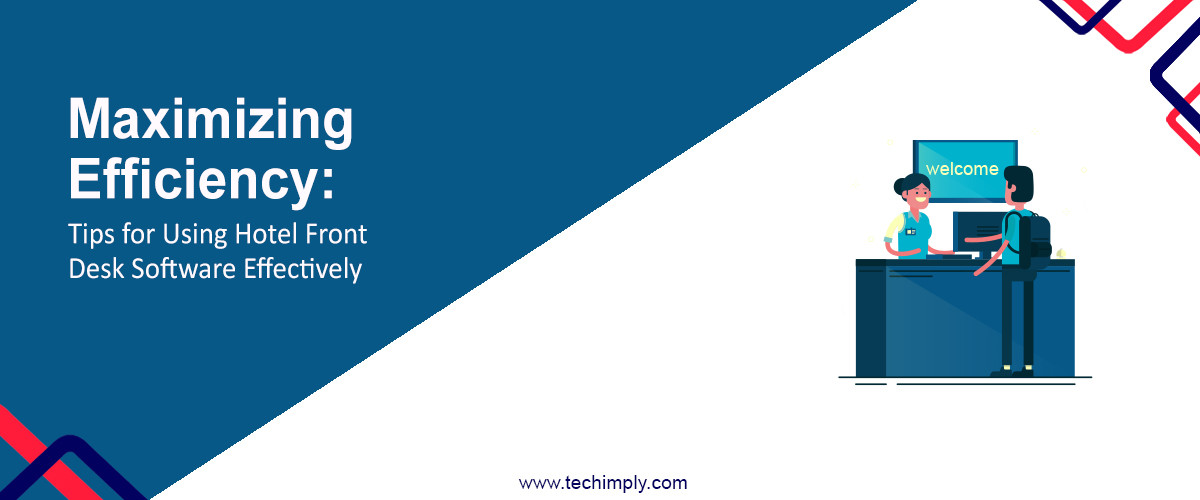Distributed ledger technology (DLT), more commonly known as the blockchain, has the potential to revamp industry operating models and processes. The impact blockchain can have on your organization is significant and widespread and goes beyond simple cryptocurrency transactions. As a public digital ledger that records all transactions ever made, blockchain allows for seamless recording and transfer of data without the need for an intermediary party while eliminating the risk of human error or tampering with historical data.
Here are some examples of how businesses in various industries use blockchain:
-
Financial Services - Retail banking
- A group of seven Australian banks partnered together to form a shared platform using DLT to allow faster transaction processing times while maintaining customer confidentiality throughout the process. Regulations would usually mandate high infrastructure costs and processing times, but blockchain has enabled banks to move away from these costly structures. Additionally, the security of financial transactions is uncompromisable when using blockchain because all data stored within it are highly encrypted.
- Banks have also found other uses for Blockchain Technology outside of financial services. For example, each bank keeps a record of all its patrons in a ledger book which helps protect both the patron and the bank itself since every transaction made through their debit or credit cards is recorded. However, with blockchain technology being implemented into retail banking, customers can safely store their private keys on an app or hardware device while still having access to high-level encryption procedures used by banks. The benefits for the average consumer are twofold: lower costs for banking services and increased security.
-
Financial Services - Syndicated Loans
 The emerging use of blockchain in the financial sector is for syndicated loans, which are large groups of bank loans different institutions in varying countries individually fund. This process can take up to 70 days due to manual ownership verification processes. By implementing blockchain technology, ownership verification can be done instantaneously, resulting in lower costs and faster processing time for each loan involved in the transaction. This type of loan will become more common as companies reduce their reliance on traditional lending structures by using outside sources like ICOs (Initial Coin Offerings), selling digital tokens representing the value or debt instead of shares. The last few months have seen an explosion of activity around ICO s, including an ICO by Telegram, which raised over $1.2 billion in March 2018.
The emerging use of blockchain in the financial sector is for syndicated loans, which are large groups of bank loans different institutions in varying countries individually fund. This process can take up to 70 days due to manual ownership verification processes. By implementing blockchain technology, ownership verification can be done instantaneously, resulting in lower costs and faster processing time for each loan involved in the transaction. This type of loan will become more common as companies reduce their reliance on traditional lending structures by using outside sources like ICOs (Initial Coin Offerings), selling digital tokens representing the value or debt instead of shares. The last few months have seen an explosion of activity around ICO s, including an ICO by Telegram, which raised over $1.2 billion in March 2018.
-
Insurance - Claims Management
- The insurance industry has also found a use for blockchain technology, particularly around claims management. For example, the decentralized ledger can help track all types of data related to a claim while ensuring that the sensitive data remains completely private and cannot be tampered with. This has resulted in immutable records of any transaction or communication between insurers and policyholders, resulting in reduced costs and improved efficiency around claims processing.
-
Healthcare
- Clinical Trials Data Storage: Blockchain can help secure healthcare information worldwide since it stores past transactions within its blocks permanently and makes them verifiable without the need for third-party verification. It does this through cryptography, where each transaction is securely encrypted, which verifies all the information stored within its blocks. Thus, blockchain can be used for clinical studies where data scientists want to ensure that only authenticated users access that patient's record. The decentralized nature of these tech deals provides that it is virtually impossible to hack into any existing record or alter historical records tied to a patient's identity.
- In May 2018, IBM partnered with US-based healthcare company Health Link Medical, using blockchain to store and manage sensitive medical documentation such as lab results and prescriptions. This platform will provide better security around sensitive medical data while simultaneously ensuring an immutable digital trail for any records associated with a particular individual. Check RemoteDBA.com to know more.
-
Manufacturing
- Supply Chain Management: Manufacturers are also interested in how blockchain could change their processes. By creating a distributed ledger, manufacturers can authenticate and validate any product throughout its journey from manufacturing to distribution and eventually use by the end customer. This creates an immutable record of each transaction made along the way, which would help reduce counterfeiting for accessories such as luxury clothing or watches, pharmaceuticals, food products, etc.
-
Entertainment
- Music Distribution: Artists are also interested in how blockchain could decentralize distributing their music to consumers while cutting out intermediaries like Apple iTunes. For example, British singer-songwriter Imogen Heap has created two songs where her fans bought ownership rights within the first few minutes of being released through Ethereum's crypto token Ether (ETH). They were able to purchase the song by sending ETH to a smart contract address.
- The song was then rendered inaccessible for all others except those who had sent money to that particular Ether (ETH) account and could download the song. Similarly, singer Jason Derulo also released his new single "Swalla" through blockchain technology, where fans could purchase it using VIBE tokens to prove they owned the song's rights.
-
Business
- Supply Chain Verification: Businesses can use blockchain technology and Manufacturing ERP software to track manufacturing and shipping information such as port activities, transportation data, and delivery manifests throughout their entire supply chain process. By having an immutable ledger that records all transactions related to this shipment, businesses can ensure that all goods comply with customs regulations and meet standards set by health and safety authorities.
- Blockchain technology can impact various other applications such as Trustless Payment Verification (TPV), Smart Contracts, and Dapps (decentralized applications). Using smart contracts, TPV allows devices to communicate and coordinate transactions autonomously without any human input or oversight. Possible use cases include robots working together to complete a task where they need to pay for resources such as electricity, bandwidth, etc., with validated credentials. Decentralized applications provide users with increased privacy and generate trust through transparency while also removing the intermediaries that traditionally sit between an application's user base and its developer team. These are just three ways businesses could use blockchain; there will likely be many more applications in the coming years.
- It is virtually impossible to hack into any existing record or alter historical records tied to a patient's identity. In May 2018, IBM partnered with US-based healthcare company Health Link Medical, using blockchain to store and manage sensitive medical documentation such as lab results and prescriptions. This platform will provide better security around sensitive medical data while simultaneously ensuring an immutable digital trail for any records associated with a particular individual.
"Technology write for Us" Techimply is a professional recommendation of top software companies and their services.
Provides a great opportunity for entrepreneurs, professionals, startup businesses, and freelancers to find and track tech-related information, marketing strategies and 'Write for Us Guest posts'






